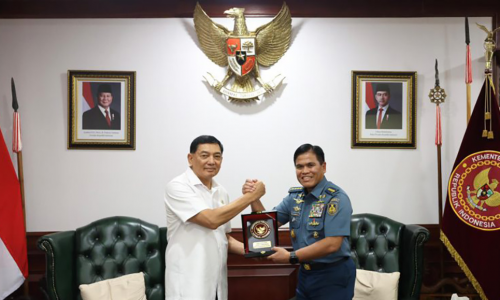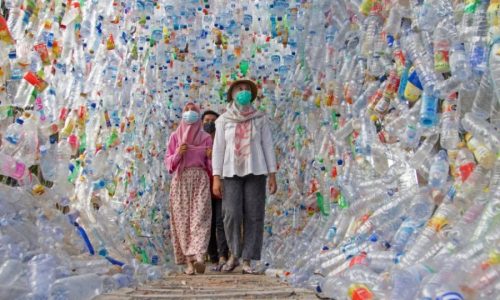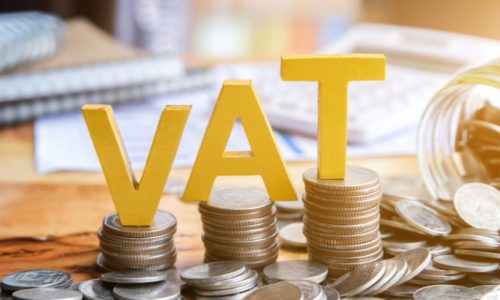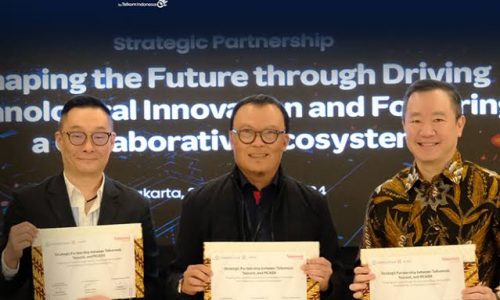Deputy Minister of Agriculture, Sudaryono, expressed optimism about the future of Indonesia’s palm oil industry, emphasizing its potential to continue contributing to the national economy.
Addressing the opening of the 2024 Indonesian Palm Oil Conference (IPOC) recently held at The Westin Resort, Bali, Sudaryono highlighted Indonesia’s global leadership in palm oil production, accounting for 25 percent of the world’s vegetable oil and 59 percent of global palm oil output.
Sudaryono noted that the industry provides 16 million jobs, including for small-scale farmers.
He also pointed to the Indonesian government’s commitment to renewable energy, particularly through its mandate for 35 percent palm oil-based biodiesel (B35).
The B35 program, part of President Prabowo Subianto’s administration’s initiatives, aims to reduce fossil fuel imports and greenhouse gas emissions.
Sudaryono reported that the B35 mandate saved over US$7.9 billion in fossil fuel imports in 2023 and laid the groundwork for a future B50 target, which would see biodiesel at 50 percent palm oil.
However, Sudaryono acknowledged the increased domestic demand for palm oil could strain supplies for other industries.
To address this, he shared five strategic steps designed to boost domestic production.
Key among these is the “Peremajaan Sawit Rakyat” (PSR) Oil Palm replanting program, which targets 120,000 hectares annually and offers a US$60 million grant from the Indonesian government to help small farmers replace aging trees with certified seedlings.
The program, in place since 2017, aims to enhance crop quality and productivity.
Additionally, Sudaryono encouraged corporate plantations to increase yields by implementing Good Agricultural Practices (GAP) and higher-quality crop varieties.
He also highlighted efforts to counter negative perceptions surrounding palm oil, which is often criticized for deforestation and biodiversity loss.
In response, Indonesia has implemented the Indonesian Sustainable Palm Oil (ISPO) certification and stricter land-use policies.
Investment in agricultural R&D, disease-resistant seedlings, and eco-friendly fertilizers were also noted as essential for ensuring long-term industry sustainability.
Chairman of the Indonesian Palm Oil Association (GAPKI), Eddy Martono, said that although palm oil production decreased slightly to 34.7 million tons as of August 2024 from 36.2 million tons in 2023, the outlook for 2025 remains positive.
He credited government initiatives to boost domestic consumption through mandatory biodiesel programs and support for smallholder palm oil expansion for the optimistic forecast.









